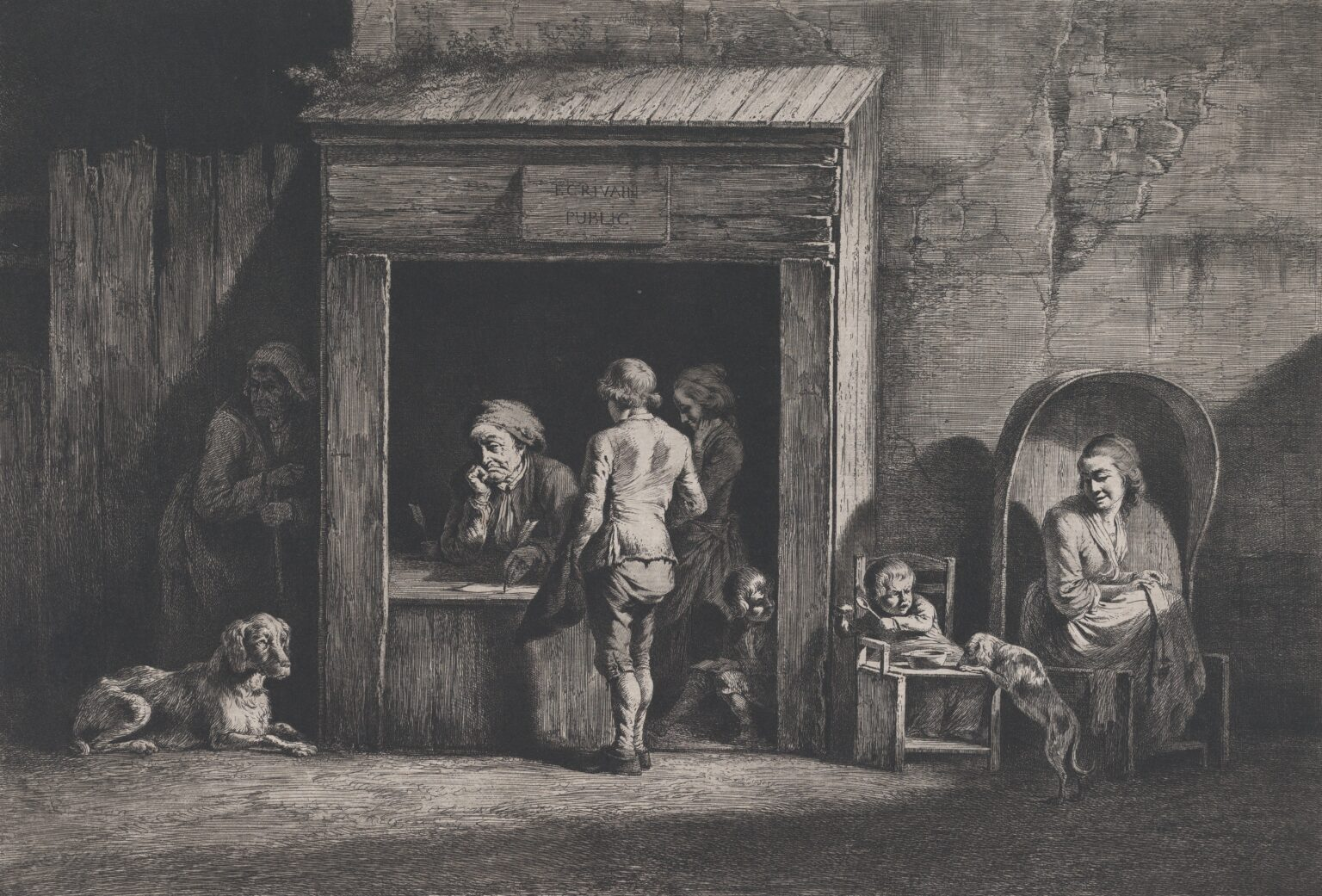The crime of noticing
Every society possesses a literary undercurrent—texts that remain largely obscured, either by design or by the inertia of collective taste. While much of this subterranean literature is best left undisturbed, certain works intermittently pierce the surface, propelled by their resonance with truths the public may find urgent, even as institutions—governments, publishers, cultural arbiters—endeavor to keep them suppressed.
Modern France is no exception, harboring controversial works such as Jean Raspail’s The Camp of the Saints, a dystopian vision of mass migration that, since its 1973 debut, has acquired a prophetic aura as real-world migration figures have dwarfed its fictional forecasts. Raspail’s literary notoriety led to his ostracism from French letters, a fate mirrored by those who champion his ideas.
Renaud Camus, another pariah of French intellectual life, is infamous not for a magnum opus but for coining the incendiary phrase “The Great Replacement.” In the digital age, suppression of such ideas has grown more insidious; search engines subtly inhibit access, steering users away from Camus’s concepts and towards denunciations of his supposed ideology. Thus, while the phrase has achieved notoriety, English-speaking audiences have been largely denied direct engagement with Camus’s actual arguments.
Camus, once a literary insider, became an outcast as his interests shifted from candid explorations of sexuality (as in Tricks) to the demographic metamorphosis of France. His reflections, crystallized in a 2010 speech, have only recently become accessible in English, thanks to dissident publishers. His major work, The Great Replacement: Introduction to Global Replacism, is, by his own admission, an assemblage of heterogeneous texts—essays, speeches, courtroom defenses—marked by repetition but also by an unvarnished honesty.
Camus’s observations are not statistical analyses but phenomenological accounts: he simply records what he sees and hears, noting a transformation in France’s population that, to him, constitutes a “replacement.” He challenges the prevailing dogma that citizenship and cultural identity are instantly conferred by legal status, contrasting the deep-rooted Frenchman—steeped in history, language, and tradition—with newcomers who, in his view, lack such affinities.
While Camus’s tone is often blunt, he is not without nuance. He distinguishes between individual assimilation and collective transformation, conceding that individuals may adopt a new culture, but asserting that entire peoples cannot merge without conquest. His critics often reduce him to a provocateur, yet his writings reveal a more complex thinker, one who recognizes the manipulations of language and history that underpin modern multicultural narratives.
Camus is acutely aware of the shifting rhetorical terrain. He notes how arguments for mass migration oscillate: first denying its existence, then extolling its benefits, then asserting its inevitability. He rejects the conspiracy label often attached to his ideas, dismissing the notion of a coordinated plot to subvert Europe, and instead attributes the phenomenon to broader historical and cultural currents.
Politically, Camus is isolated, having rejected both the far right and mainstream parties, founding instead his own marginal “Party of In-nocence.” Spiritually, he eschews facile returns to Christianity, arguing that genuine faith cannot be summoned for strategic ends, and observing that the vitality of Islam in Europe contrasts starkly with the spiritual torpor of contemporary Christianity.
Central to Camus’s critique is the concept of “de-culturation”—the erosion of historical and cultural memory that renders societies susceptible to transformation. He contends that only a populace ignorant of its heritage could acquiesce to its own replacement. For Camus, the antidote is “reculturation”—a revival of cultural consciousness and pride.
Ultimately, Camus’s stance is not one of unrelenting despair. He acknowledges the resilience of nations and civilizations, suggesting that even in the face of profound crisis, revival remains possible. His career, marked by exile and vilification, underscores the paradox of the writer whose most complex ideas are reduced to slogans and slurs by those unwilling to grapple with their substance. Yet, Camus persists, believing that articulating uncomfortable truths is itself an act of preservation, even when the world is disinclined to listen.
WORDS TO BE NOTED-
Subterranean – Existing or operating below the surface; hidden or concealed.
Ostracism – Exclusion from a society or group; social banishment.
Phenomenological – Relating to the direct observation and description of phenomena as consciously experienced, without theories about their causal explanation.
Dogma – A principle or set of principles laid down by an authority as incontrovertibly true.
Doxa – Common belief or popular opinion, especially as contrasted with knowledge or truth.
Euphemisation – The act of substituting a mild, indirect, or vague term for one considered harsh, blunt, or offensive.
Reculturation – The process of reviving or restoring cultural identity and knowledge.




Comments
Post a Comment